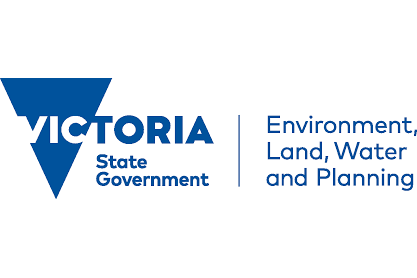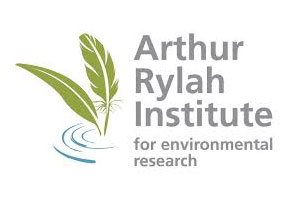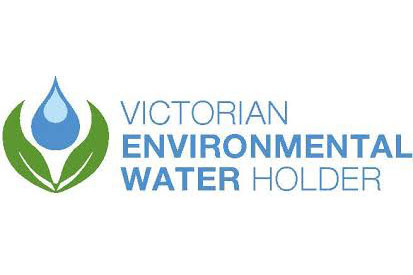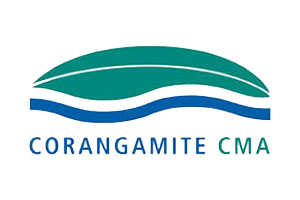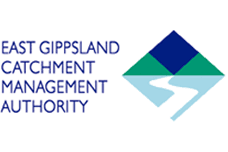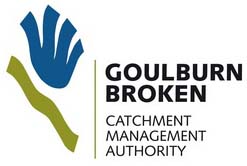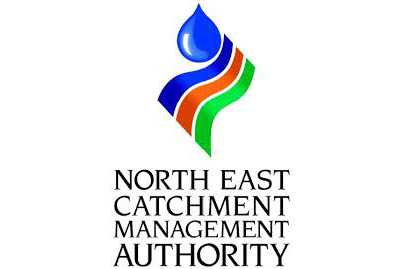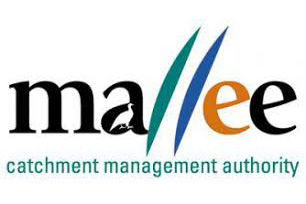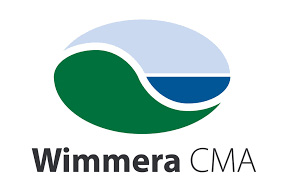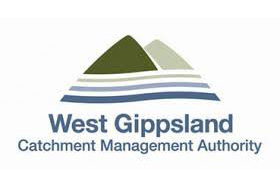The Hub has developed a Research and Monitoring Database (RaMonD) that aims to share knowledge of current and recent research and monitoring activities within the Hub's themes with those working in aquatic ecology. Sharing of this knowledge can avoid duplication of research effort and can provide effective research links to people and resources within topics of interest.
RaMonD is maintained by the Hub with inputs from the Victorian Catchment Management Authorities, the Arthur Rylah Institute, DELWP and the Victorian Environmental Water Holder (VEWH).
Please note that initial content within RaMonD covers only one theme - water for the environment. It is intended that following feedback from users, this content will be expanded to include all themes.
Millewa Forest Intervention Monitoring 2016-17
| Catchment Management Authority |

|
| Habitat type | floodplain multiple riparian wetland |
| Keyword | fish Moira grass vegetation monitoring water quality monitoring |
| Program | The Living Murray |
| System component | fish vegetation waterbirds |
| Theme | Environmental Water |
| Objective | In the 2016-17 watering year, environmental water was delivered to Millewa Forest, with natural flows providing flood conditions early in the year, and environmental flows largely delivered post flood event. The primary aim of the environmental water delivery to Millewa was to maintain water heights in the major wetlands that were supporting waterbird breeding, post natural flooding and to promote connectivity between the floodplain and the river to support fish populations. The major objectives of environmental watering in 2016-17 were: - Sustain colonial waterbird nesting sites with adequate water levels to enable fledging of young. - Promote floodplain connectivity to support large bodied native fish movement such as Murray Cod and Trout Cod - Provide suitable habitat and resources for water birds. - Monitor water quality discharging from the forest floodplain into the Edward and Murray River. Throughout the 2016-17 watering period, intervention monitoring in Millewa included: monitoring the depth of water at strategic points across Millewa Forest; mapping the area inundated by flows; recording water quality which included measuring dissolved oxygen and temperature at selected sites discharging water into the main river channels off the floodplain; and monitoring photo points to gauge vegetation responses to inundation within the wetlands. Sites where Moira grass (Pseudoraphis spinescens) is found were monitored throughout the event. |
| Location | Millewa Forest |
| Status | Completed |
| Start | 2016 |
| Finish | 2017 |
| Project Lead | Ali Borrell & Amanda Liefting, NSW National Parks and Wildlife Service, OEH. |
| Funder | NSW National Parks and Wildlife Service, OEH, MDBA |
| Outputs | report |
| Publication Outputs | report |
| Publications |
